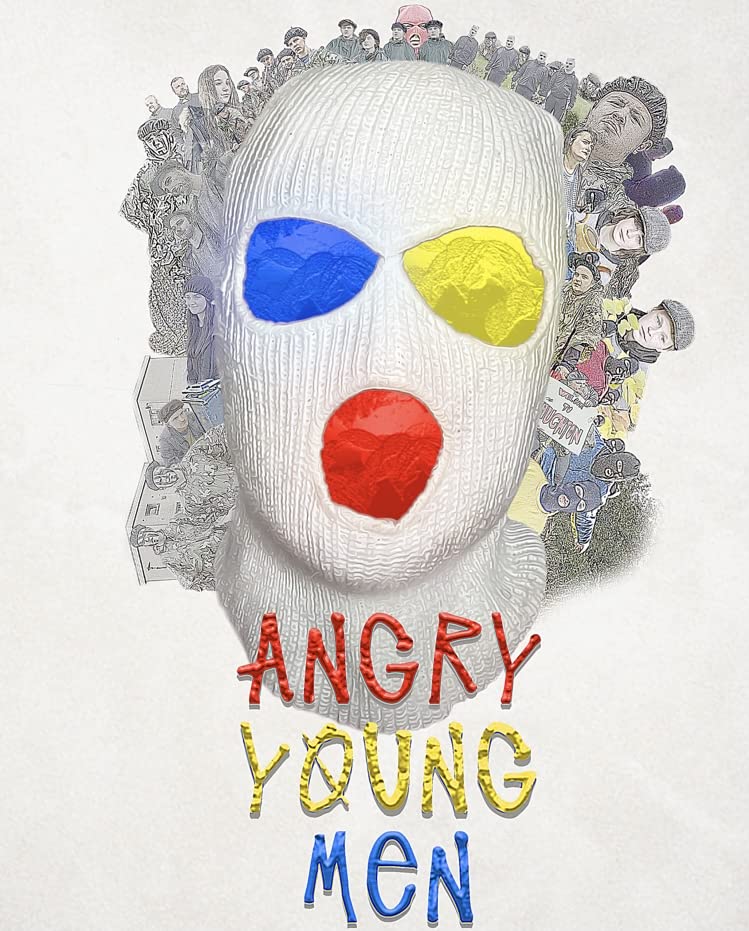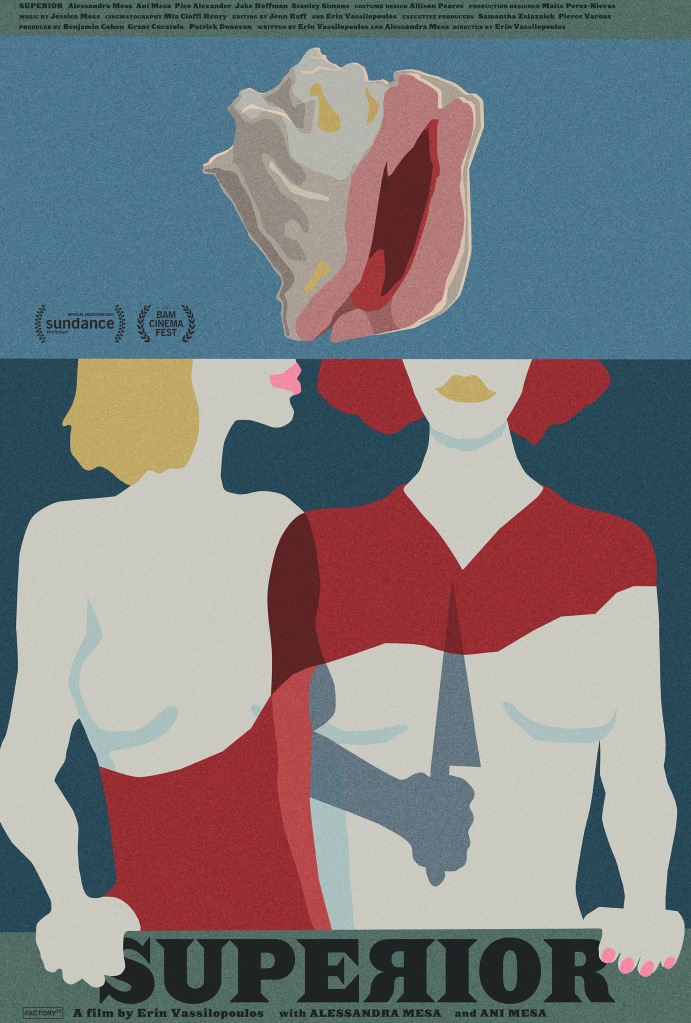
I dunno if I get this movie.
It’s about a lassie who decides to care for her estranged father as his multiple sclerosis worsens. But I was left with a number of unanswered questions. Firstly, why is she there? One great thing about estrangement is you can opt out of this shit. Why has she decided to stop her life, travel to what we are told is a fairly remote house, to look after someone she has little relationship with, for what might be, given the progress of MS, years?
You could say she is yearning for a relationship with her father, but you don’t really get that sense. There’s a curiosity, but not a longing. She seems starved of affection but not wounded exactly. I just don’t see a drive great enough to make this major life change and commitment.
Secondly, he has other family nearby. He has brothers and sisters, who seem wealthy enough to hire a cleaner (although we never actually see her outside of the job interview). Now they seem like they’ve got their own issues – everyone talks over one another, no one listens – but that’s not a big deal in the realms of being able to coordinate a paid carer. If they can hire a cleaner, they can hire a carer. Given that there’s so little relationship between the dad and his daughter, a professional carer might be preferable.
Also, none of them pitch in. They never visit, except to gawk when the physio therapist first comes by. They encourage the daughter to learn how to lift and support the dad physically, but don’t bother to learn themselves. They’re in their 50s, not too old or infirm to do it themselves, so why don’t they? Why are they so sure they’re never gonna need this info or be around to use it?
Also, like, what age is the daughter? Maybe late 20s, early 30s? Why is this all on her? She’s meant to building her life at this stage. She has no partner and no kids, which, yeah, might be read as she has no other commitments, but could equally be read as she has yet to start building her own family. Like, why is she being chosen to give up her life at a time when she’s barely begun to live it? Yet her aunts and uncles, who have families who can support them, basically bounce. Even the mother, the dad’s ex-wife, never shows up to help. Which is bizarre, because the daughter obviously has a relationship with her mother, so why wouldn’t she show up even just to support her daughter? It makes very little sense to me.
Also, we don’t really see anything of the life the daughter is giving up to go do this. There are a couple of scenes with her hanging out with folk her own age, playing ping pong and such, but we are never told if she has a lover or friend, no one phones from her old life to ask how she’s doing. What was her life before this? What did she give up to do this? Was she studying? Was she working? Did she have career goals? Her sacrifice doesn’t make sense because you have no idea what she’s sacrificed. And she doesn’t seem to miss it or think about it much. She just seems totally focused on her father, who, again, we are told she had virtually no relationship with.
The whole thing just doesn’t make sense to me. The plot is that she and her father get closer the longer she acts as his carer. Which might elicit an awww from some people, but gives me a bit of an ick, because it’s like you could only bond with him when you could attribute his silence and stubbornness to a sickness, rather than his shitty personality. Also, she finds out her dad has lived his life as a closeted gay man, and is in a relationship with one of his neighbours. Which, fine, might give you a bit of sympathy for him, but still doesn’t explain or excuse why he has been such a crappy dad, or can’t answer a frigging question, or has almost no interest in talking to her, even when she’s right there on the couch next to him, giving up her life to look after him. I also don’t understand why she thinks it does, either.
I get what they were going for with this story. And Lazaros Georgakopoulos is excellent as the ailing father. But I found the daughter’s character underdeveloped. What was her life? What does she want? What drives her need to care for her father if their relationship was so poor? Why is she willing to make so big a sacrifice? Why does she feel uncovering his secrets excuses his lack of affection? I dunno, I felt I didn’t really get to know anything about her.









